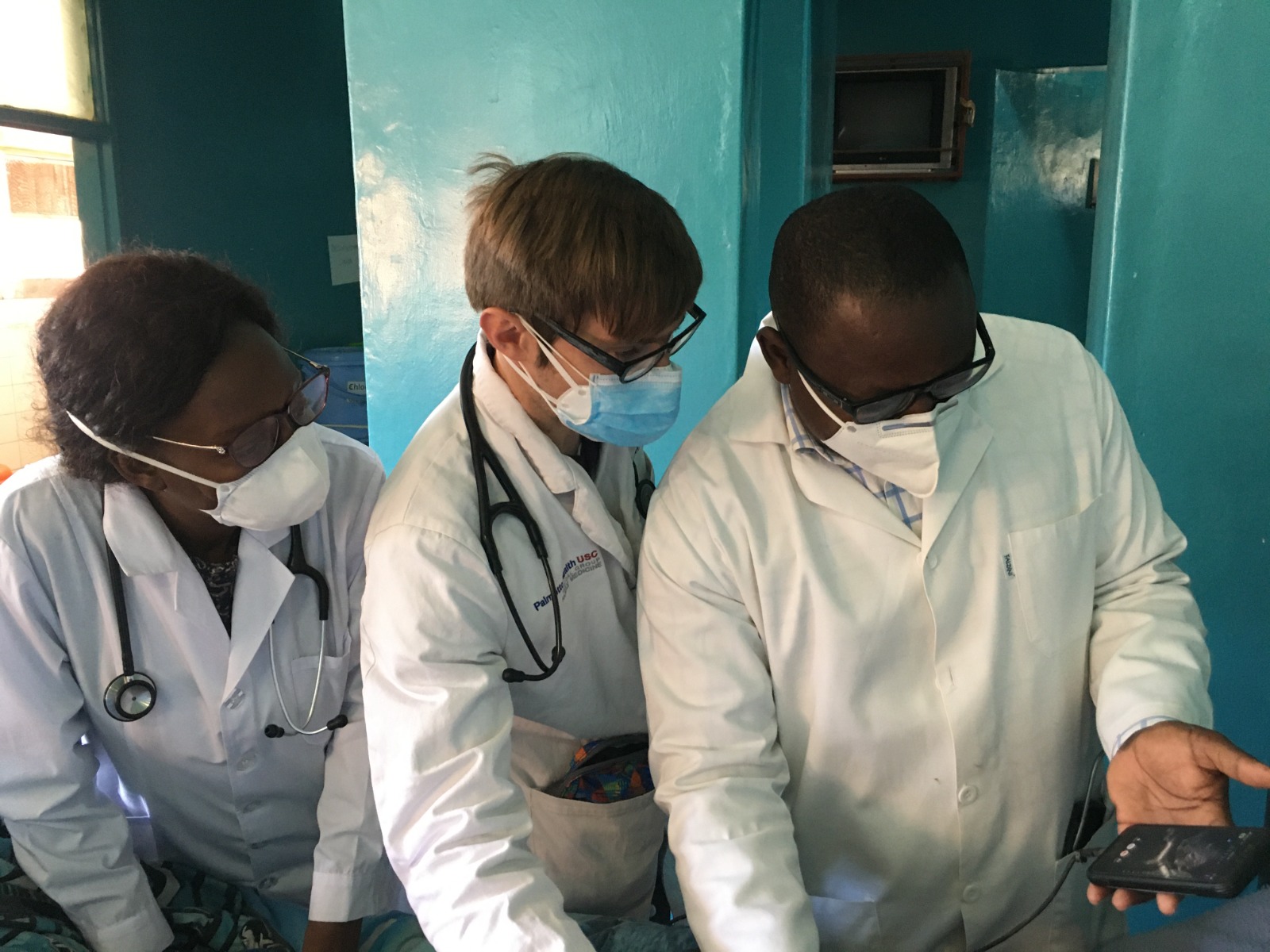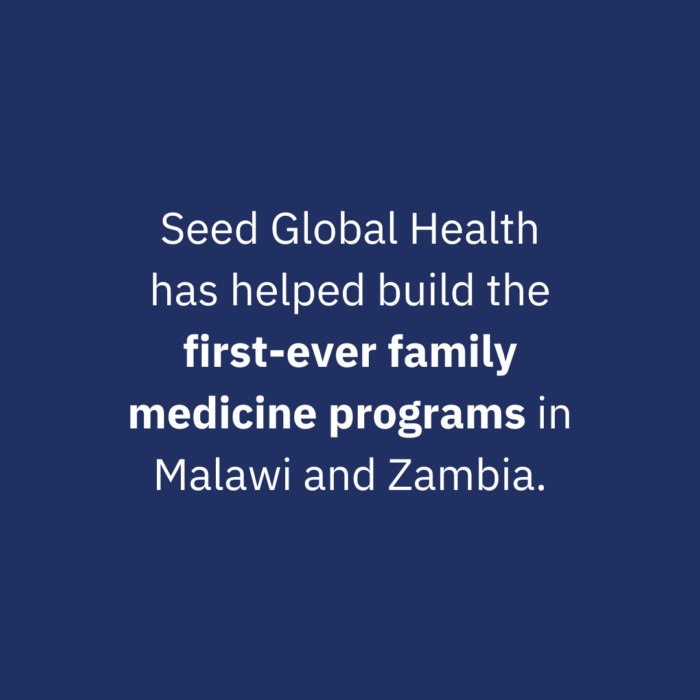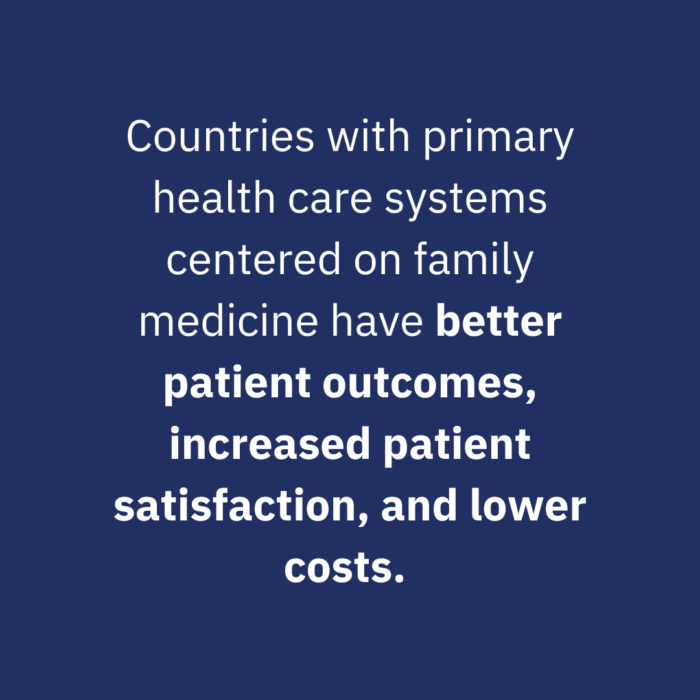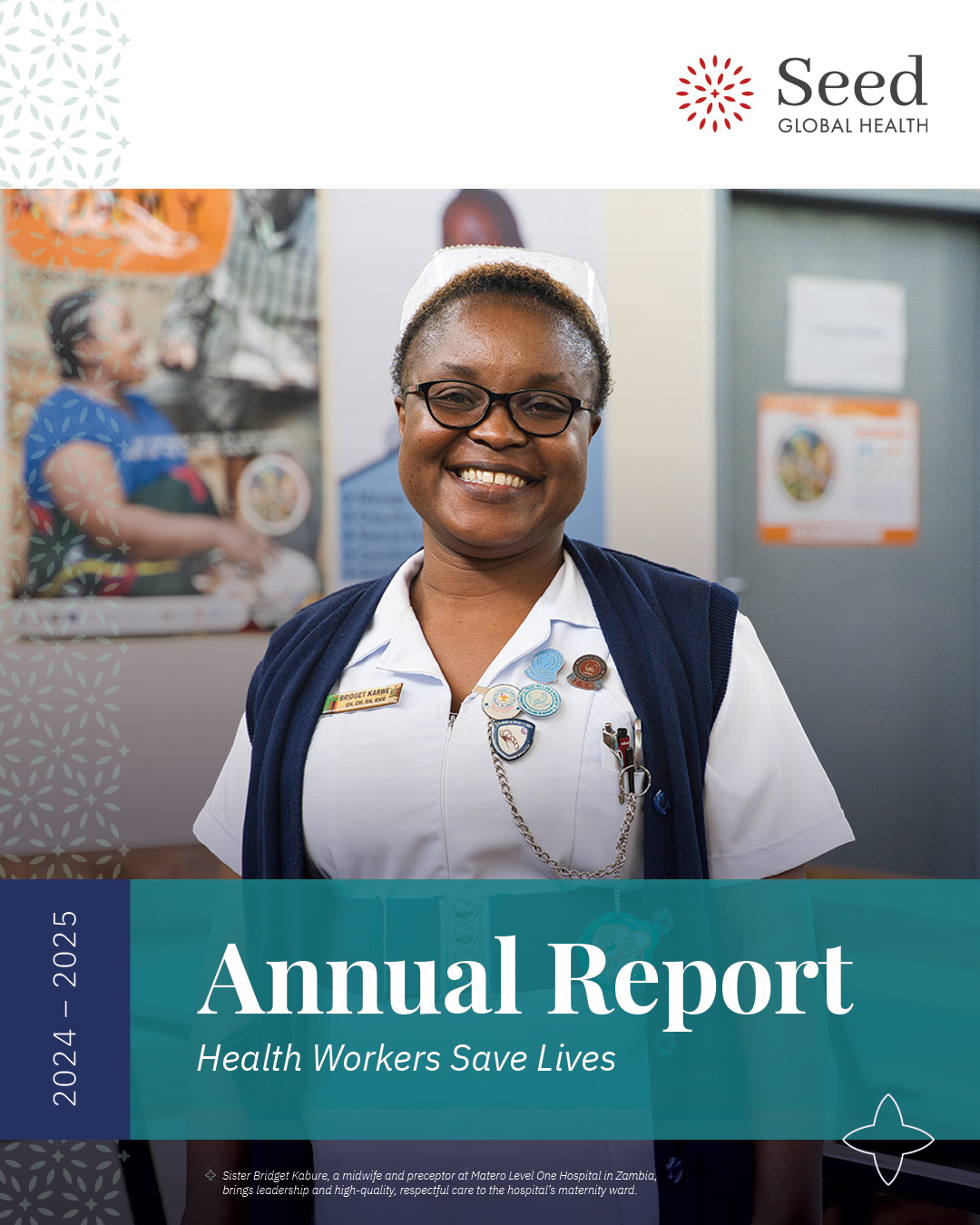
Partnership with Foundation S to Advance Climate Resilience in Malawi and Zambia
We are thrilled to announce that Seed Global Health is teaming up with Foundation S and our partners in Malawi and Zambia to bolster climate resilience through strengthening family medicine.
Climate change is one of the biggest threats to global health – and building resilient health systems that are capable of delivering care to the communities most impacted by the effects of climate change is critical.
“As climate change drives increasing rates of infectious and noncommunicable disease, including adverse pregnancy outcomes, we need resilient health systems centered on a strong health workforce that can flexibly respond to both the immediate and long-term health effects. We are grateful for the support of Foundation S to help Seed and our partners strengthen and expand family medicine in Malawi and Zambia,” said Seed Global Health CEO Dr. Vanessa Kerry.

The new grant will allow Seed and our partners to educate more family medicine physicians by strengthening our academic and clinical partnerships, and also by increasing the number of clinical settings in which we offer family medicine specialty training.
Seed Global Health works with ministries of health, universities, hospitals, and public health facilities in Malawi and Zambia and has helped build the countries’ first-ever family medicine programs — at the Kamuzu University of Health Sciences and the University of Zambia College of Public Health, respectively.
“Foundation S is committed to supporting underserved communities to adapt to the impact of climate change. We are proud to work with organizations like Seed Global Health who, in partnership with governments and local academic institutions, are training frontline workers and strengthening primary care in countries like Malawi and Zambia so that communities can better prepare, respond, and build sustainable health resilience,” said Vanina Laurent-Ledru, Director General, Foundation S – The Sanofi Collective.
Seed and our partners focus on family medicine as a path to strengthening health systems, primary care, and climate resilience for a range of reasons: research shows that countries with strong primary health care systems centered on skilled family medicine physicians have better patient outcomes, increased patient satisfaction, and lower costs.

Family medicine physicians are also an incredibly versatile cadre for health systems with limited resources and staff. A family medicine doctor is trained to diagnose and treat about 80 percent of patient cases that might present in a district facility, and to refer only the more advanced cases to specialists in centralized hospitals, providing comprehensive care close to patients’ homes and creating greater efficiency in overstretched health systems.
In Malawi and Zambia, the impacts of climate change on human health are being felt in real time: Malawi is currently recovering from its longest and deadliest outbreak of cholera, as well as a series of climate change-induced natural disasters that have displaced more than 500 million people.
Zambia currently is battling its worst cholera outbreak in more than two decades, with more than 400 people dead and more than 10,000 infected. And before cholera hit, more than 13 percent of Zambia’s population was experiencing severe food shortages due to climate change. Malaria is one of the leading causes of death nationwide together with a growing burden of noncommunicable diseases.
Seed Global Health and our partners, with support from Foundation S, are tackling this challenge directly by training and supporting the next generation of primary care – family medicine – health professionals in close partnership with the ministries of health of Malawi and Zambia.

